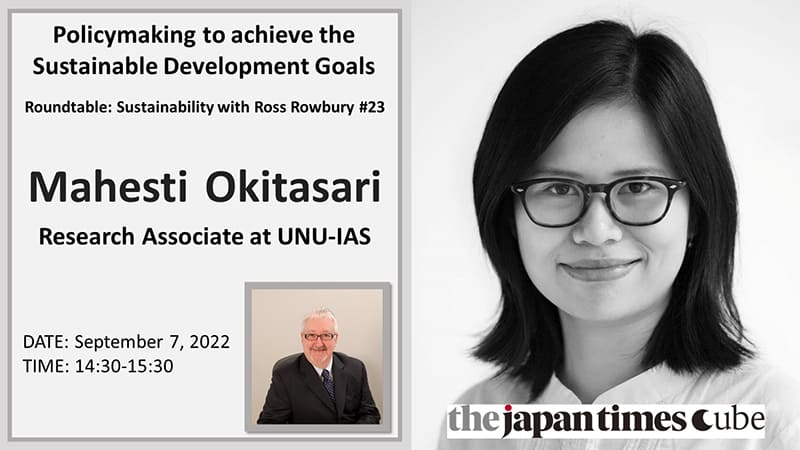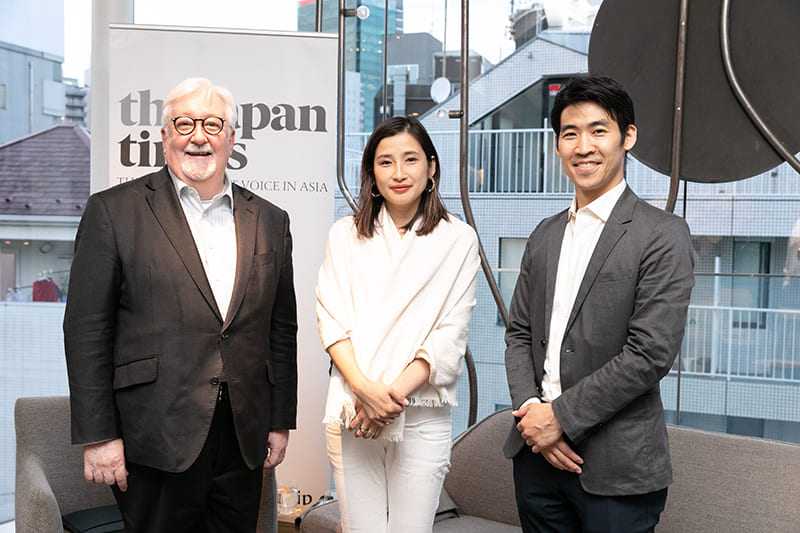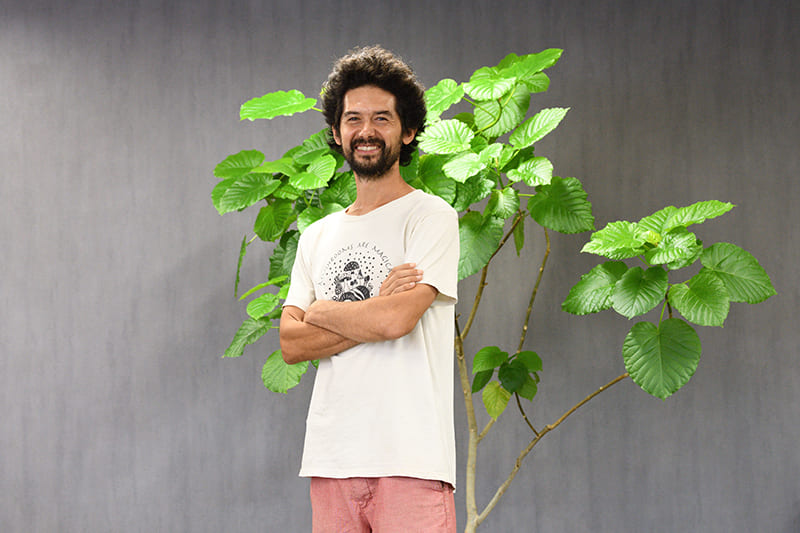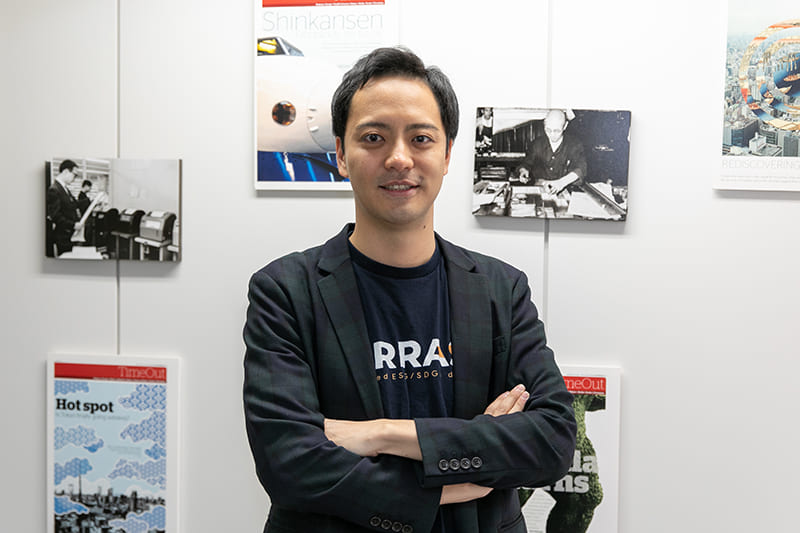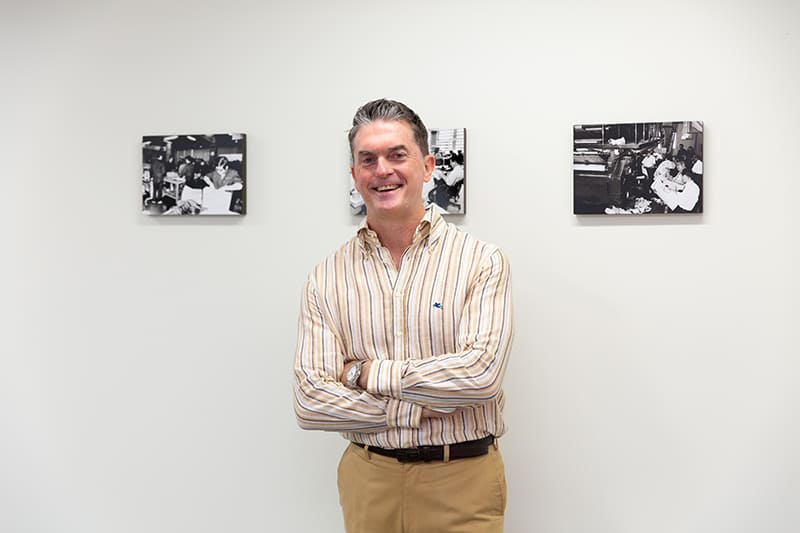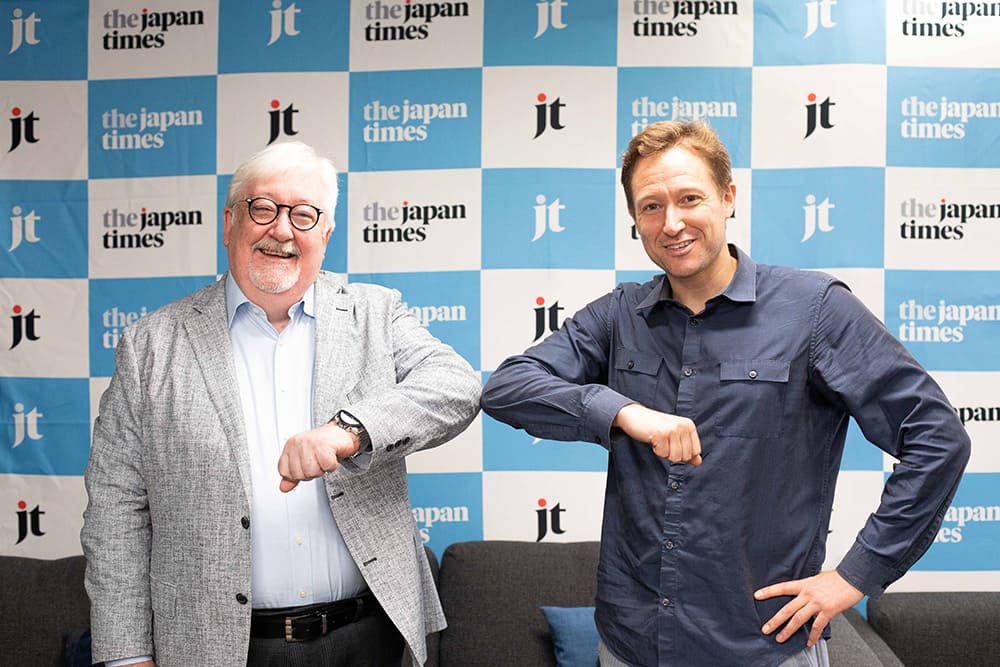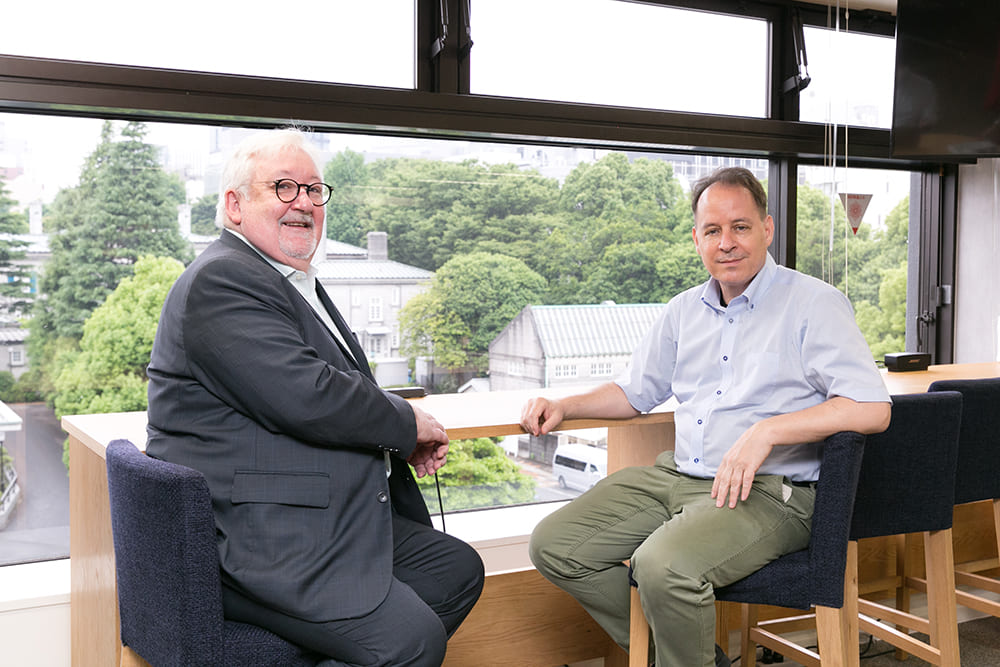September 22, 2022
U.N.U. Mahesti Okitasari – Sustainability needs not uniformity but coherence
Contributing writer
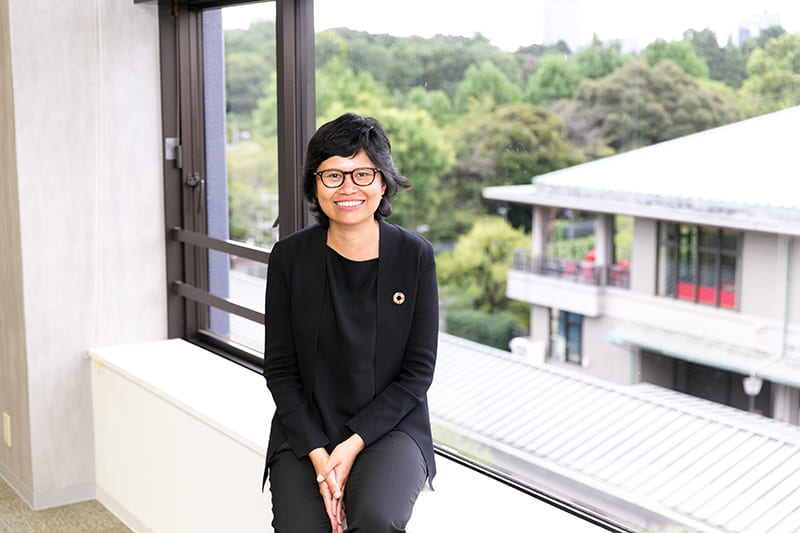
Growing up in an “informal settlement” in Indonesia, an urban village community that formed organically with unplanned spatial layouts and self-help housing, Mahesti Okitasari, now a research associate at the United Nations University Institute for the Advanced Study of Sustainability, based in Tokyo, had a daily curbside view on collective development and how effective communities can be.
Now holding a Ph.D. in urban planning from the University of Tokyo (her dissertation was on decentralized systems, collaborative metropolitan governance and public infrastructure provision), Okitasari is drawing on her youthful experiences as well as her research to find ways to effectively implement and finance the U.N.’s sustainable development goals (SDGs).
Able to take a bird’s-eye view of urban development, as she puts it, Okitasari is conducting research into the many opportunities for more efficient implementation of the goals. Okitasari believes that while local communities wait for the government to bring about change, they can also be “nudged” by organizations using her unit’s research to more effectively do what they have already been doing: getting on with the job of implementing effective change themselves.
Okitasari took time out from her busy schedule to sit down with Ross Rowbury for The Japan Times Sustainability Roundtable’s 23rd iteration to explain how achieving the SDGs and making the world more sustainable can be done at a local level. Rowbury began by asking which areas Okitasari was looking into in terms of her research into sustainability.
It’s all about context
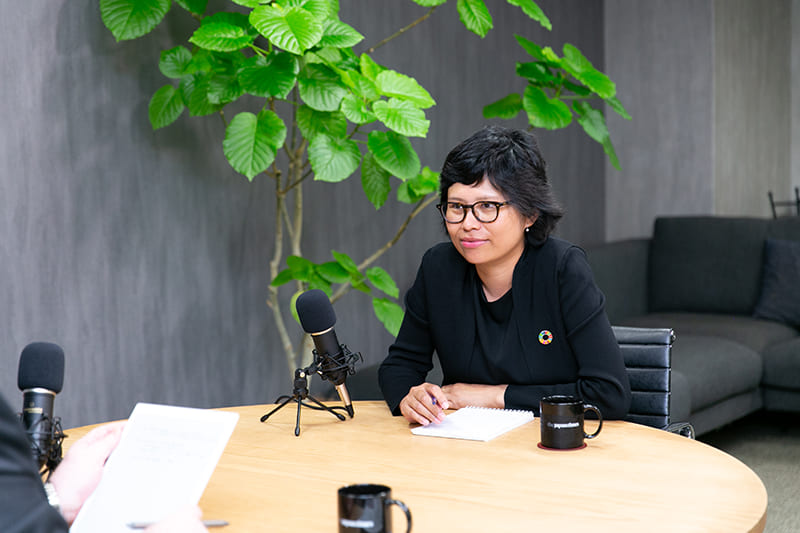
“It’s quite broad,” Okitasari began. “My unit at the institution is focusing on the translation of the global agenda, including the sustainable development goals, and the national commitments on climate action which are part of the Paris Agreement, and how they are being translated into domestic policy and project implementation, and how to strengthen the policymaking process to make sure it reaches the most needed people while fulfilling the targets.”
Okitasari explained that the institute looks at everything from biodiversity to governance for sustainable development, research into education, and water-specific issues. She further explained that there is no uniform method for applying these goals: “There is no one-size-fits-all, I’m afraid — the focus is on context, everything is about context.” The institute primarily takes a broad look at situations in an effort to compare similar cases in different regions and then communicate to policymakers what has worked well in different contexts so they can apply that to emulate the success stories as well as avoid the failures.
“We want to be able to go to policymakers and say this is what’s happening in different development settings,” she observed. Taking a broad area such as the Asia and the Pacific as an example, she explained that there are so many settings with unique development needs, whether small islands, rapidly developing cities, least developed countries or developed countries such as Japan. Each will need to have the SDGs applied in its own context to match its unique circumstances. “Even within countries we have different scales and different needs,” she explained. “Just look at Indonesia. If we looked into the data it would just be a developing country, but within the data we have different cities, different regions, with different scales and different needs.”
Settlement kid, urban planner
Okitasari grew up in Surabaya on Java in what urban planners refer to as an informal settlement, a community with little planning or design. Okitasari said such communities have a long history in the development of cities across Indonesia. “I really like how that kind of community works — it really stays with me,” she said. As an undergraduate she studied architecture, then was introduced to urban planning through her studies, and the subject became her passion. Taking an internship and then working as a project researcher in a lab focusing on housing and human settlements, she decided to pursue a postgraduate degree in urban planning. She soon realized how broad the study area was, reaching out not just into housing and urban planning, but also into the multifaceted subjects of governance, policymaking, economics and ultimately sustainability.
Okitasari soon found the importance of empowering informal settlements of the type she grew up in, because in developing countries, waiting on governments to provide housing often takes too long. Ensuring these communities are more habitable and sustainable, often through simple methods such as just providing safe water and sanitation, is the key to providing safer sustainable housing, and can sometimes easily satisfy a number of the SDGs at once. Okitasari explained that while a community may develop organically, participatory planning with development organizations can make that development more meaningful. She gave examples of the creative linkages that governments are implementing between different SDGs, such as providing affordable housing with safe waste management and water supply (achieving SDG 6), which in turn contributes to better health outcomes (goal 3), and meanwhile bringing women into the process to help achieve gender equality (goal 5). This is why ensuring the quality of budgeting can be a way to ensure impactful projects.
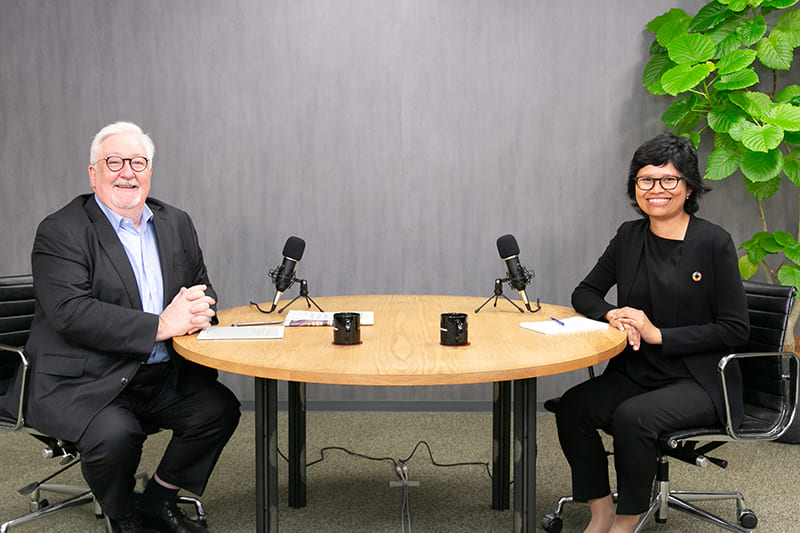
Challenges of implementation
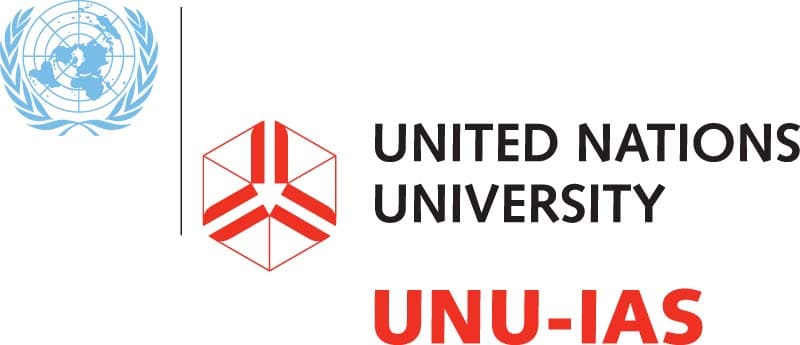
Okitasari considers the lack of coherence among the important actors in the development space to be one of the biggest obstacles to achieving a more sustainable world. “If policy is not coherent between national and local governments, across local governments and across sectors,” or is not coherent with science, “then there are total contradictions,” she explained. “We don’t need similar policies, but within local governments, we need coherence.”
A further impediment is the lack of capacity to implement these goals. Okitasari is, however, happy to note that a new postgraduate degree specializing in the Paris Agreement will be offered at UNU from autumn 2023, with the objective of increasing policymakers’ capacities through training experts on implementing the climate pact.
For the future, Okitasari hopes to be able to work more closely with the local communities she has been trying to help. “I’d like to have projects where I work directly with the people — now I have the science and the policies, but to link them directly with the people and not just have it end up in a paper,” she explained. “It’s an immense task.”

